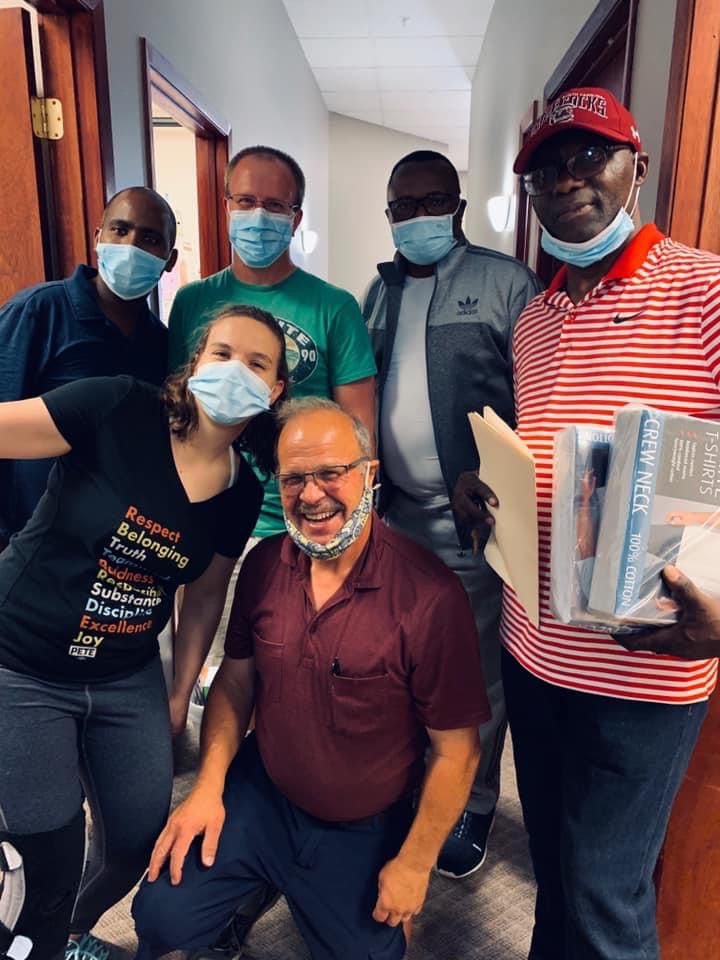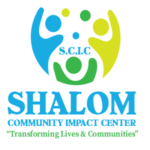Our History

Shalom Community Impact
Center History
Shalom started in 2010 as a fellowship of refugees worshiping in their native language and assisting each other with daily life. Through this fellowship, it became clear the need is great and resources can be difficult to access for new Iowans. Eugene founded SCIC to support refugees and immigrants with access to educational, social, and economic upward mobility.
Our goal is to love through service of others and to impact our communities in positive, powerful, and lasting ways.
Violence in Democratic Republic of Congo has not changed. There are more than 2.5 million Congolese people displaced from their homes, villages, and cities. Many have suffered extreme trauma and human rights violations as a result of war, and more than half of them are children. Having had poor access to education, extreme food insecurity, and very little exposure to English, new Iowans from DRC and other countries face multiple barriers to services that make adjusting to their new home a challenge.
Shalom Community Impact Center seeks to face these challenges together with the people we serve. We work to help remove barriers to existing services and create additional culturally and linguistically appropriate services to help our new Iowans integrate successfully and flourish as new Americans.
At Shalom Community Impact Center (SCIC), we understand the unique challenges that refugees and immigrants face when starting over in a new country—navigating language barriers, finding stable jobs, adjusting to new schools, and building community in an unfamiliar place. These challenges can feel overwhelming without support.
That’s why SCIC exists: to provide practical tools, welcoming spaces, and opportunities for growth. Our services are designed to meet these needs—early childhood education, language learning, job readiness, youth leadership, and more—while also building bridges for success in daily life.
While we are committed to walking alongside refugee families, our programs are open to everyone, from every country and background. This inclusive approach not only helps newcomers thrive but also strengthens our broader community through shared learning and mutual support.
We go beyond programming by removing barriers: free transportation is provided to all of our programs within our service area, free lunch is served daily in preschool and summer programs, and a healthy snack is offered in our after-school academic support program.
